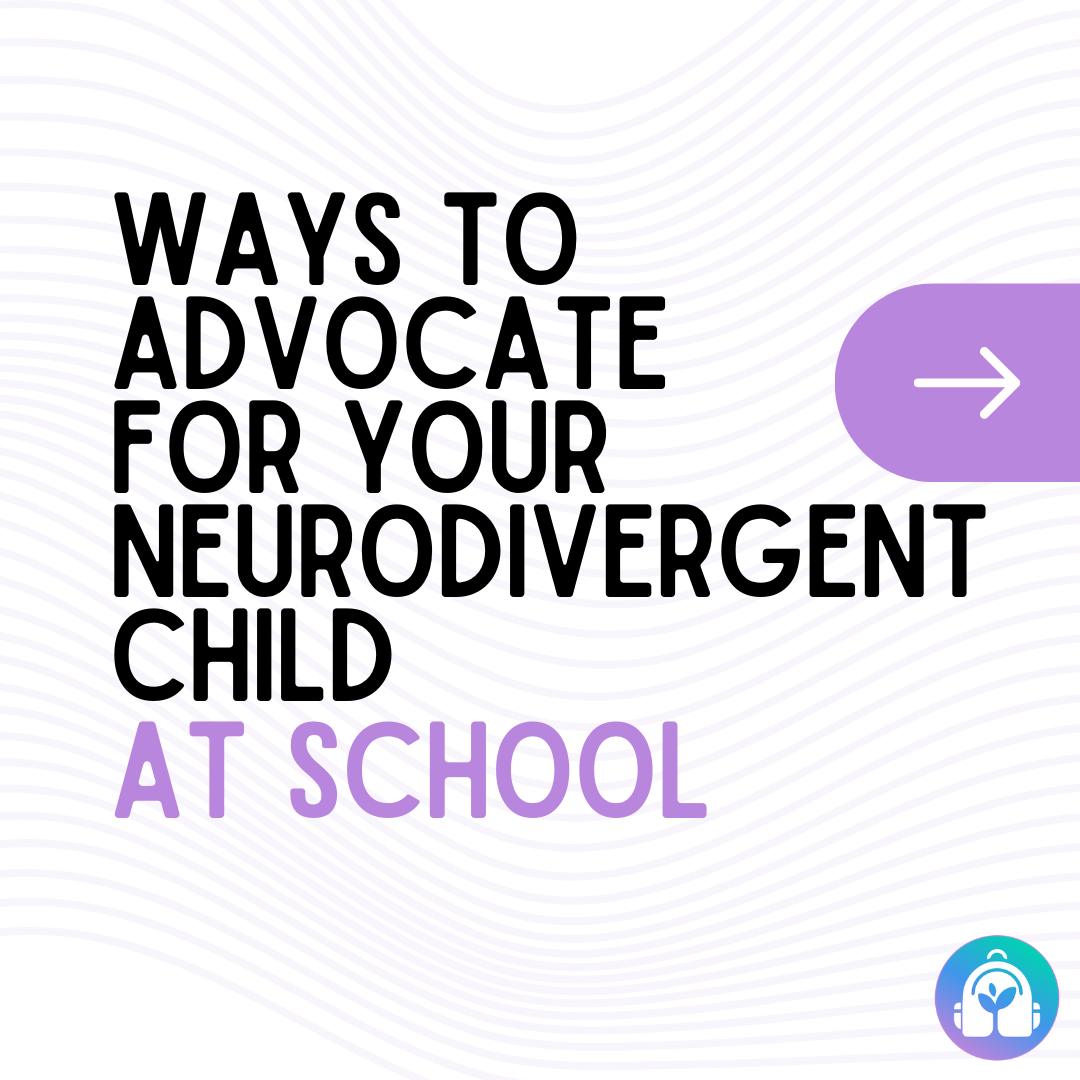At Peninsula Paediatric Psychology (3P), we are aiming to offer an assessment experience that is aligned with neurodivergent affirmative professional practice.
What does this mean?
It means that we take care in formulating our processes and reports in a way that embraces strengths and differences rather than dwelling in deficits and impairments discourse outlined in diagnostic manuals adopting a medical model to explain behaviours.
In a Therapeutic Process
We use approaches in practice that are play-based, nurturing and based on a child’s interests. This is also aligned with the environment – the cottages – where it is cosy, familial with playrooms. We encourage a parent to discuss challenges before meeting the child so the child is not part of hearing big challenges that may trigger big emotions. We encourage parent-child to collaborate in sessions where challenges of separation anxiety are experienced. We structure sessions with rituals to create predictability and reduce possible challenges with transitions.
We encourage co-construction of sessions such as “what would you like to talk about today”, “let’s make a plan for our session”, rather than having a prescribed topic to be discussed.
We engage the child in the process with including their specific interests in the play and discussions.
We are not typically engaging in talking therapy as this is often not developmentally appropriate for children and adolescents so we offer games, fidgets, resources, books, making, drawing, as part of the process.
As part of the process, we aim to elicit strengths and support strengths development.
The Assessment Process and Reports
We lead an assessment process that is aligned with a neurodivergent affirmative approach. We gather a range of information as part of the assessment process and not only quantitative information. This is to ensure the voice of the child is captured and experiences from informants are also well captured and informing the assessment results. We are careful about selecting tools that are capturing strengths, differences and needs. If a particular tool typically reports results in a deficit and impairment manner, we reframe the language to be neuroaffirming as per below.
We will always use language that is affirmative in our reports and this is very important to us:
Challenges rather than deficits and impairments
Needs rather than a disorder
Strengths and differences
Patterns of observations consistent with x needs
We have a dedicated area in our report where we capture strengths and we highlight these in our formulation. We also formulate recommendations aligned with strengths.
Recommendations
Recommendations are suggestions and aim to include a range of information to support research, psychoeducation and implementation of strategies. We encourage the child and parents to discuss how these recommendations can be implemented in a neuroaffirming way and this aims to be together with the child’s views and within a collaborating approach.
Stating a Diagnosis
When we refer to a diagnosis, we will do this subtly and within one sentence in the Summary/Clinical Opinion section at the end of the report to inform the reader that the information gathered meets criteria of a diagnosis as per the DSM-V. This is because funding systems often needs this confirmation in black and white. We understand that the language use in the DSM-V is not necessarily neuroaffirming but as we are operating within systems needing to link with this language, it is difficult to completely omit it. If we feel the diagnostic criteria should be included in the report, we do this in Appendices.
Summary
When coming to 3P, you can expect the following:
Person-centred tools and work
Positive psychology and strengths-based work
Play approaches
Nurturing environments
Neuroaffirming language throughout our reports
Needs and strengths assessment process
Collaboration, discussions and co-construction
Dr Pascale Paradis
Educational and Developmental Psychologist
Director at Peninsula Paediatric Psychology



